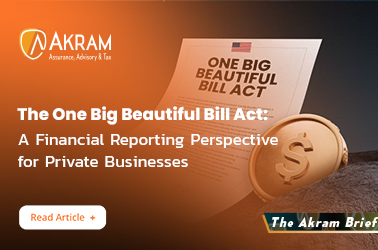How the IRS Communicates with Taxpayers?
If the IRS does call a taxpayer, it should not be a surprise because the agency will generally send a notice or letter first. Understanding how the IRS communicates can help taxpayers protect themselves from scammers who pretend to be from the IRS with the goal of stealing personal information.
The first contact from the IRS is normally by letter or written notice delivered by the U.S. Postal Service to a taxpayer, but not always. Depending on the situation, IRS employees may first call or visit with a taxpayer.
IRS revenue agents or tax compliance officers may call a taxpayer or tax professional after mailing a notice to confirm an appointment or to discuss items for a scheduled audit.
IRS revenue officers and agents routinely make unannounced visits to a taxpayer’s home or place of business to discuss taxes owed, delinquent tax returns or a business falling behind on payroll tax deposits. When visited by someone from the IRS, the taxpayers should always ask for credentials. The IRS doesn’t normally initiate contact with taxpayers by email and it does not send text messages or contact people through social media.







